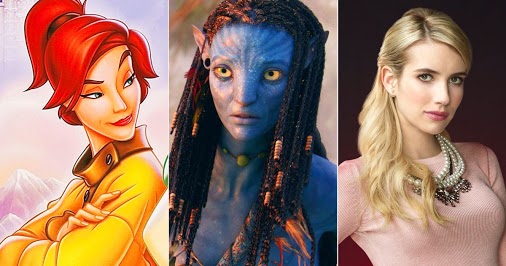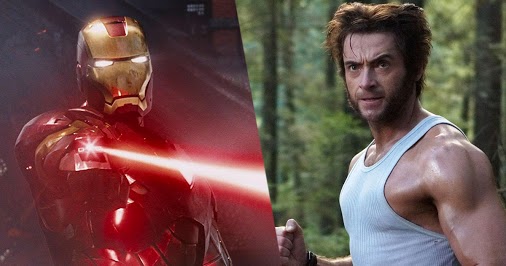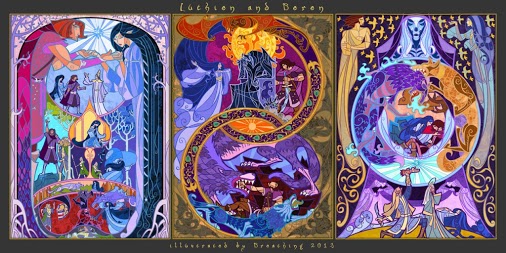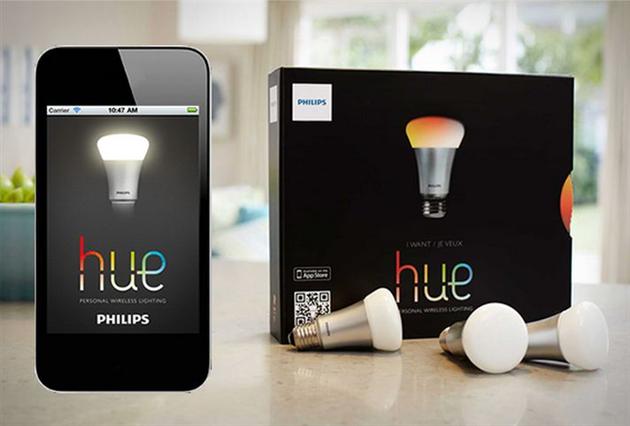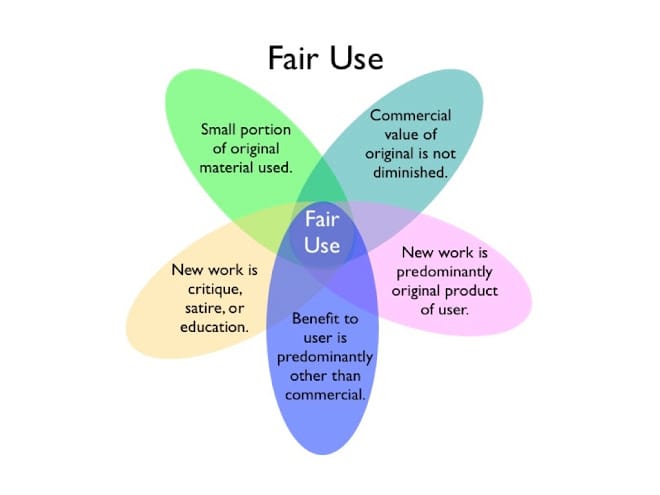After the last Disney-sponsored throttling of creative works passing from copyright status in the US to the public domain, we've had a freeze on such things, with anything published after 1922 being still deemed under copyright, with all the restrictions for use and re-use that carries. That happened in 1998, well before the revolutions in Internet search and online data came about.
As of 1 January 2019, though, works from 1923 will finally enter the public domain, with more to follow over the coming years.
'We can blame Mickey Mouse for the long wait. In 1998, Disney was one of the loudest in a choir of corporate voices advocating for longer copyright protections. At the time, all works published before January 1, 1978, were entitled to copyright protection for 75 years; all author’s works published on or after that date were under copyright for the lifetime of the creator, plus 50 years. Steamboat Willie, featuring Mickey Mouse’s first appearance on screen, in 1928, was set to enter the public domain in 2004. At the urging of Disney and others, Congress passed the Sonny Bono Copyright Term Extension Act, named for the late singer, songwriter and California representative, adding 20 years to the copyright term. Mickey would be protected until 2024—and no copyrighted work would enter the public domain again until 2019, creating a bizarre 20-year hiatus between the release of works from 1922 and those from 1923.'
I do believe that creators should have the rights to and profits from their creative works, and be able to sell those rights as well. But the current situation has been a bizarre extension of protection, not for the creators and their immediate heirs, but for corporate IP owners (such as Disney) that worry what will happen once their long-term characters stop being their exclusive property and cash cow. Short of another drive to further extend copyright protection (something that cannot be discounted), it will be interesting to see what becomes freed up for public consumption and reuse in the coming years.
For the First Time in More Than 20 Years, Copyrighted Works Will Enter the Public Domain
A beloved Robert Frost poem is among the many creations that are (finally) losing their protections in 2019


